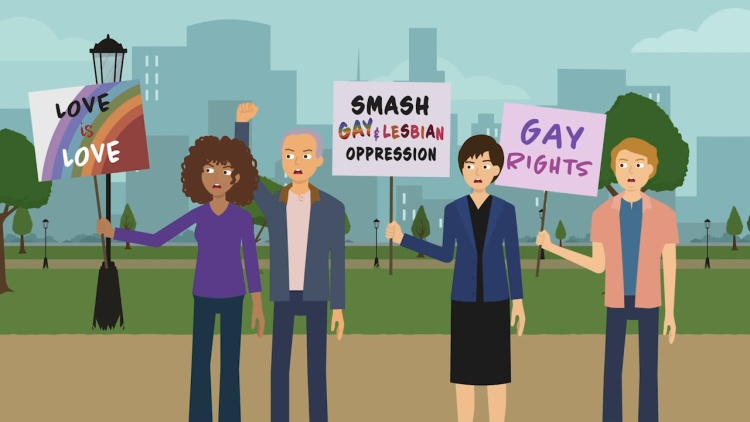Nelson v. McClatchy Newspapers, Inc.
Washington Supreme Court
936 P.2d 1123 (1997)

- Written by Sara Rhee, JD
Facts
Sandra Nelson (plaintiff) was a reporter for The News Tribune (TNT), which was acquired by McClatchy Newspapers, Inc. (McClatchy) (defendant). As a news publication, one of TNT’s primary objectives was to maintain its credibility as an objective source of news for its readers. To further this goal, TNT implemented an ethics code, which governed conflicts of interest. The ethics code defined a conflict of interest as any activity that led readers to believe TNT’s reporting was biased. Outside of working hours, Nelson was a political activist who devoted a considerable amount of time engaging in highly visible advocacy for gay and lesbian rights, feminist issues, and abortion rights. On more than one occasion, Nelson was recognized as a reporter for TNT while engaged in political activity. On August 15, 1990, TNT transferred Nelson to an editing job with no reporting duties because Nelson’s political activities violated TNT’s code of ethics and threatened TNT’s credibility with its readers. TNT refused to restore Nelson to her reporting position while Nelson remained politically active. Nelson sued McClatchy, arguing that her transfer violated Washington’s Fair Campaign Practices Act (FCPA). The trial court granted summary judgment in favor of McClatchy, finding that the FCPA did not apply to TNT. Nelson appealed.
Rule of Law
Issue
Holding and Reasoning (Sanders, J.)
What to do next…
Here's why 899,000 law students have relied on our case briefs:
- Written by law professors and practitioners, not other law students. 47,000 briefs, keyed to 994 casebooks. Top-notch customer support.
- The right amount of information, includes the facts, issues, rule of law, holding and reasoning, and any concurrences and dissents.
- Access in your classes, works on your mobile and tablet. Massive library of related video lessons and high quality multiple-choice questions.
- Easy to use, uniform format for every case brief. Written in plain English, not in legalese. Our briefs summarize and simplify; they don’t just repeat the court’s language.





